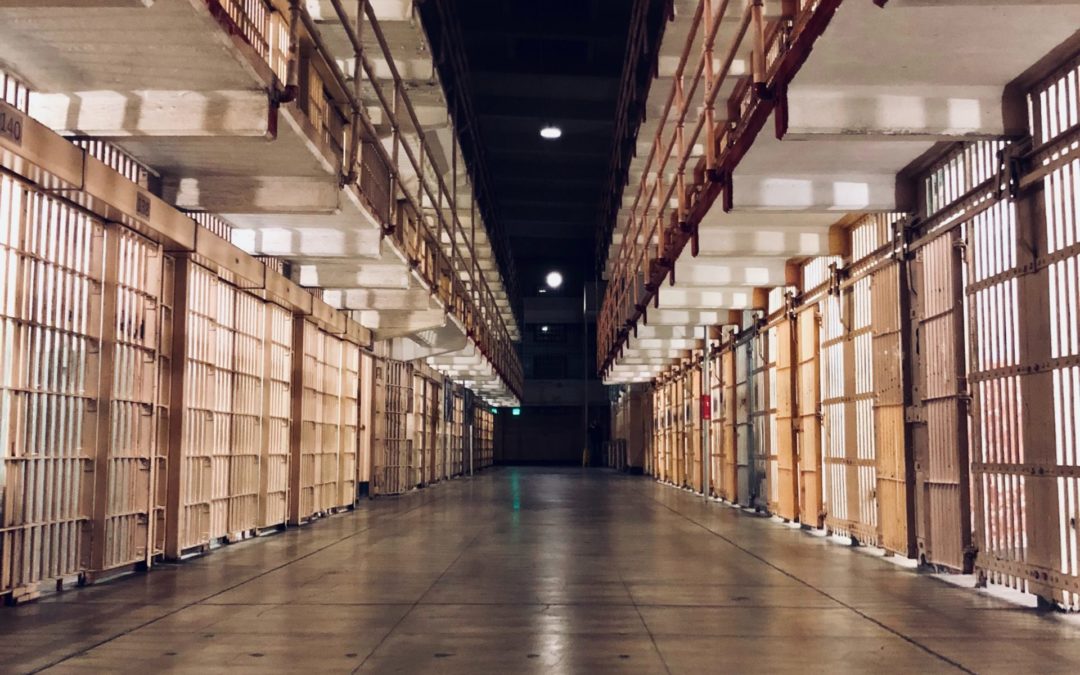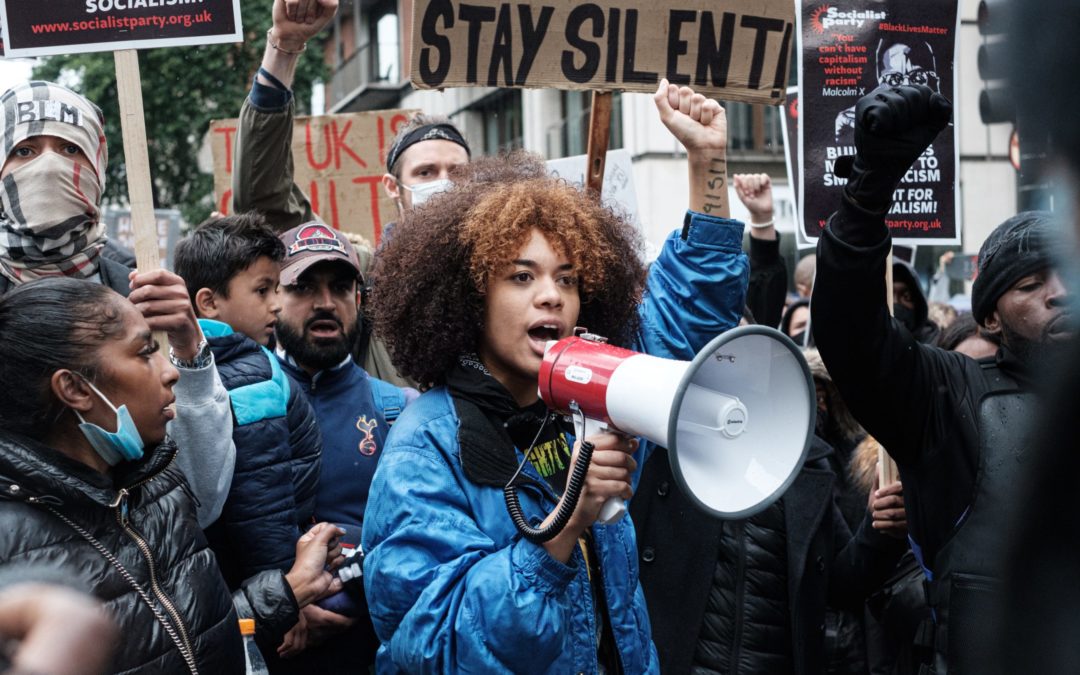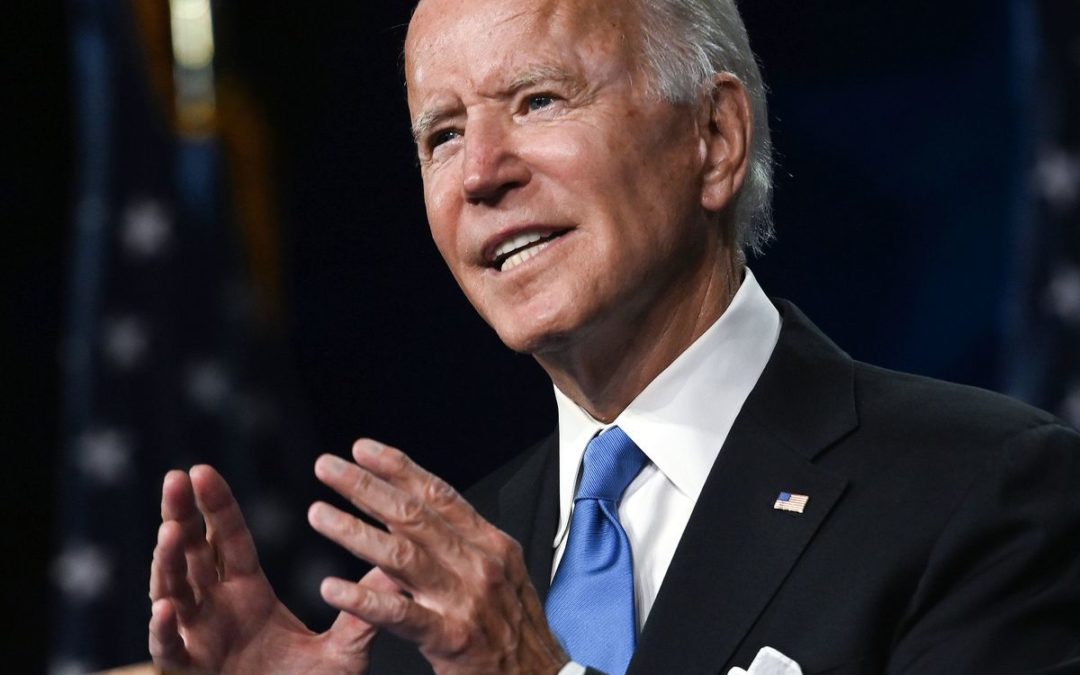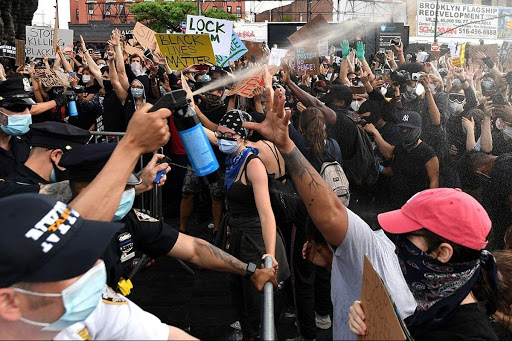
by Jonathan P-Wright | Jul 27, 2023 | Latest, Social Justice |
Photo by Carles Rabada on Unsplash
The Justice Department has taken a decisive step forward, embarking on a civil rights investigation aimed at delving into the disquieting conditions and alleged instances of violence perpetrated against inmates at Fulton County Jail in Atlanta, Georgia. The move signals the government’s commitment to upholding constitutional rights and ensuring transparency in matters concerning the treatment of individuals in detention. By initiating this investigation, the Justice Department aims to shed light on the circumstances surrounding the reported incidents, seeking accountability for any potential violations and facilitating improvements to prevent future occurrences of mistreatment and abuse.
Attorney General Merrick Garland emphasized the significance of this probe, stating that the Justice Department aims to determine whether systemic violations of federal laws have occurred within the facility.
During a news conference on July 13, Kristen Clarke, the assistant attorney general of the DOJ’s Civil Rights Division, provided insight into the investigation’s scope and objectives. The inquiry was prompted by the tragic death of Lashawn Thompson, an inmate at Fulton County Jail. Thompson, who was in custody for a misdemeanor assault charge, was placed in the jail’s psychiatric wing due to his mental health condition, according to Michael Harper, the attorney representing Thompson’s family.
The allegations surrounding the conditions and treatment of inmates at Fulton County Jail have raised concerns about the facility’s compliance with civil rights standards. The investigation will delve into the reported unsanitary conditions and examine the alleged acts of violence perpetrated against inmates. It represents a significant step towards ensuring accountability and addressing any potential violations of inmates’ civil rights.
By launching this civil rights investigation, the Justice Department aims to uncover the truth and determine whether there have been systemic infringements on the rights of incarcerated individuals. The findings of this inquiry will serve as a crucial foundation for improving the conditions within the jail and holding responsible parties accountable for any wrongdoing.
The death of Lashawn Thompson serves as a somber reminder of the urgent need for reform within the criminal justice system. It underscores the importance of upholding the rights and well-being of individuals in custody, particularly those grappling with mental health challenges. The Justice Department’s commitment to thoroughly investigate the circumstances surrounding Thompson’s death reflects a broader dedication to safeguarding the civil rights of all individuals, regardless of their incarcerated status.
The outcome of this civil rights investigation at Fulton County Jail holds profound implications for the pursuit of justice and the protection of inmates’ rights. As the inquiry unfolds, the Justice Department will scrutinize the practices, policies, and treatment of individuals within the facility to ensure that their constitutional rights are upheld.
The initiation of this investigation should serve as a catalyst for meaningful change and a renewed focus on the fair and humane treatment of incarcerated individuals. The Justice Department’s unwavering commitment to upholding civil rights, even within correctional institutions, sends a powerful message about the importance of accountability and the pursuit of justice. Through this investigation, the department seeks to shed light on any potential violations and work towards rectifying systemic issues to ensure that the rights and dignity of all inmates are respected.

by Resultsandnohype | Jul 12, 2023 | Latest, POLITICS, Social Justice |
Harvard University, renowned globally for its esteemed academic standing, is currently under examination for its utilization of legacy admissions procedures. A civil rights group has filed a complaint against the university, alleging that legacy admissions perpetuate discrimination against people of color while providing preferential treatment to predominantly white children of alumni.
According to “The Associated Press”, the complaint filed by civil rights activists raises important questions about equity and fairness in higher education. The organization questions the rationale behind rewarding individuals solely based on the privileges and advantages inherited from prior generations. They argue that such practices hinder the pursuit of a truly diverse and inclusive student body.
The issue of legacy admissions has gained renewed attention in the wake of the Supreme Court’s affirmative action ruling, which has sparked concerns about the future of higher education. With this ruling in mind, the civil rights group is taking action, aiming to address what they perceive as systemic inequalities in college admissions.
Legacy admissions refer to the practice of granting preferential treatment to applicants who have family ties to the university. While supporters argue that legacy preferences foster a sense of community and encourage philanthropy, critics argue that these preferences perpetuate socio-economic disparities and limit opportunities for underrepresented groups.
The civil rights activists contend that legacy admissions at Harvard University disproportionately advantage white students, creating an unlevel playing field for students from marginalized communities. According to their argument, this practice directly challenges the fundamental ideals of meritocracy and equal opportunity that should form the bedrock of the admissions process. They contend that by engaging in such practices, the principles of evaluating individuals based on their abilities and qualifications are compromised, creating a system that unfairly favors certain factors over others. In their view, this departure from merit-based assessment hampers the pursuit of a truly equitable and fair admissions process. Harvard University, known for its commitment to academic excellence, is now faced with addressing the allegations brought forth by the civil rights group.
As the nation grapples with the implications of the Supreme Court’s ruling on affirmative action, the actions taken by this civil rights group shed light on the larger issues surrounding access and fairness in college admissions. Their complaint raises important questions about the role of legacy admissions in perpetuating systemic discrimination and calls for a reevaluation of these practices.
The outcome of this complaint and the ensuing dialogue could have significant implications not only for Harvard University but also for the broader landscape of higher education. It is a pivotal moment for institutions to critically examine their admissions policies and strive for greater equity and inclusivity.
Harvard University’s response to this complaint will undoubtedly shape its future and send a powerful message about its commitment to diversity and social justice. The outcome will reverberate beyond the university’s walls, influencing conversations about admissions practices and the pursuit of equal opportunities in higher education.

by Tanyette McCoy Davis | Apr 12, 2023 | Latest, Social Justice |
In a tragic turn of events, the shooting death of Dalaneo Martin has prompted the FBI to launch a civil rights investigation. This latest incident of police brutality against an unarmed black man has sparked outrage and calls for justice across the country. As we grapple with yet another senseless loss of life, it’s time to examine the systemic issues that allow these incidents to continue happening unchecked.
The FBI has opened a civil rights investigation after the shooting death of Dalaneo Martin. Martin, an African American man, was shot and killed by police in Kenosha, Wisconsin on March 18. The shooting occurred after police responded to a 911 call about after authorities found him sleeping in an allegedly stolen vehicle. He was not armed and did not pose a threat to the officers. The Kenosha Police Department has not released any information about the incident.
The investigation comes after Martin’s family filed a lawsuit against the city of Chicago, alleging that police used excessive force when they shot and killed him. The lawsuit also alleges that the city failed to properly train and supervise its police officers.
There are many potential causes for the FBI’s civil rights investigation into the shooting death of Dalaneo Martin. The most obvious is that Martin was black and the officer who shot him was white. This could be seen as a possible hate crime, which would warrant an investigation. Another potential cause is that the officer used excessive force when shooting Martin. This could be seen as a violation of Martin’s civil rights, which would also warrant an investigation. Lastly, it is possible that there was some sort of cover-up by the police department in regards to the shooting. This would explain why the FBI is getting involved in the case.
The laws and regulations surrounding civil rights investigations are very complex. The FBI has to prove that there was a violation of civil rights laws, which can be difficult to do. In this case, they will likely be looking at whether or not the officers involved used excessive force when they shot Martin. They will also be looking at whether or not the officers had a reasonable belief that Martin was a threat to their safety.
Civil rights investigations are often very lengthy and complex. The FBI will interview witnesses, review evidence, and speak with the family of the victim. They will also work with state and local law enforcement to gather as much information as possible. This process can take months or even years to complete.
The laws and regulations surrounding civil rights investigations are very complex. The FBI has to prove that there was a violation of civil rights laws, which can be difficult to do. In this case, they will likely be looking at whether or not the officers involved used excessive force when they shot Martin. They will also be looking at whether or not the officers had a reasonable belief that Martin was a threat to their safety.
Civil rights investigations are often very lengthy and complex. The FBI will interview witnesses, review evidence, and speak with the family of the victim. They will also work with state and local law enforcement to gather as much information as possible. This process can take months or even years to complete.
The death of Dalaneo Martin is a tragedy that must be investigated thoroughly by the FBI. It is important to hold those responsible accountable and ensure justice for Mr. Martin’s family, friends and community. We hope that this civil rights investigation will bring light to the full circumstances surrounding his death and provide closure for everyone involved in this horrific event. No one should ever have to experience such a tragedy, and we are thankful for the efforts of law enforcement officials during these difficult times.

by Jonathan P-Wright | Nov 21, 2020 | POLITICS, Latest |
Joe biden has plans of changing the direction of the civil rights division of the u.S.
Justice department, away from the course set by the trump administration, which was
The opposite of what it was during barack obama’s tenure in the white house. Biden
Stated that he would focus on racial equality right now and he aims to create equity for
Communities of color, combating discrimination, improvement in policing, and
Closing opportunity gaps were all part of the “build back better” plan. Through this
Strategy, the focus will be on issues that were not dealt with by trump officials.

by Jonathan P-Wright | Nov 7, 2020 | Latest, Social Justice, Worldwide News |
Protestors are suing The New York Police Department for allegedly curbing their civil rights at Black Lives Matter demonstrations over the summer. Two civil rights groups filed the suit in federal court on Monday (Oct. 26) —








RECENT COMMENTS